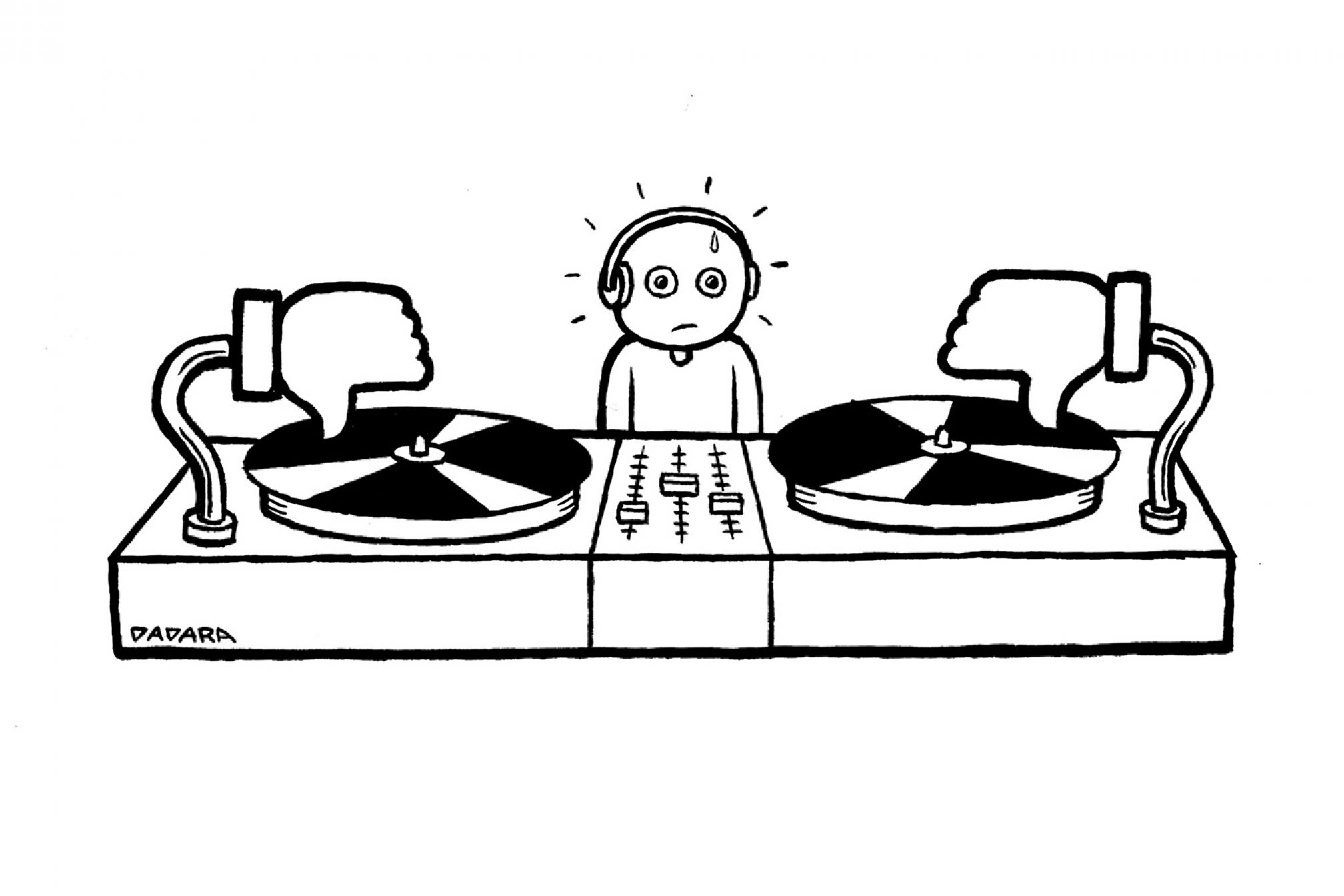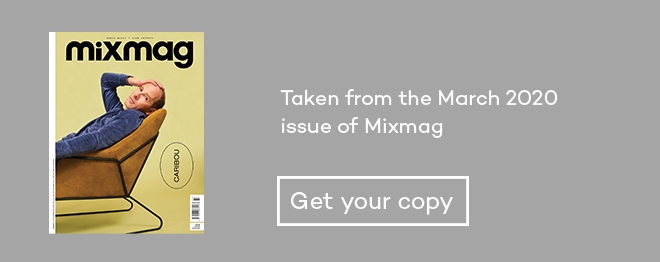 Comment
Comment
Imposter syndrome in the music industry is rife, but it's not impossible to overcome
Imposter syndrome is felt by many people working in the music industry
I can’t count how many times I’ve found myself at a boardroom table feeling like I’ve somehow stumbled into the wrong meeting. I’ll be sitting there thinking, “Everyone here knows exactly what they’re talking about except me” as office jargon and ‘creative speak’ flies around the room. Sometimes I’m the youngest, sometimes I’m the only woman and sometimes I’m the only black person. Most often, I feel like the only imposter.
You might have heard the term ‘imposter syndrome’: talk of this niggling little monster has been all over my timeline and group chats and if the sentence above rings true then chances are, you’re experiencing it. It’s characterised as a fear of evaluation, fear of not being able to maintain success and fear of not being as skilled as others in the same area. It’s thought that around seven in 10 people experience it at some point, and in the creative industries that figure climbs to 87 per cent. That little stat provides an odd sense of comfort. It’s a reminder that a vast number of people in this field feel the same.
Working in the music industry often comes with high stress, demanding hours, large workloads, competitive environments and a reliance on the gig economy. On top of that, touring artists, DJs and the teams behind them have to handle the instability and stressors that comes with life on the road: loneliness, anti-social hours, strain on relationships and the presence of drugs and alcohol. Perfect conditions for self-doubt.
And there’s a lot at risk when that fear takes over. You’re less likely to aim high with projects, pitches and positions; you might turn down opportunities because you don’t feel qualified or confident, downplay your achievements or decide not to pursue ideas in a world where ideas drive everything.
Read this next: How DJ activism can bring about real change
Even being one of the most in-demand upcoming DJs on the planet is no defence, says Reprezent’s and BBC Radio 1 resident Sherelle, whose 160BPM sets have caught the attention of everyone from Annie Mac to Virgil Abloh. “I’ve experienced extreme imposter syndrome,” she says. “Especially in the early days, when everything was kicking off. [I remember being] at a dinner with Midland, Jane Fitz and Galcher Lustwerk and the organisers of Concrete in Paris. If my girlfriend hadn’t been with me, I think I would have stayed silent the whole time”.
According to Jack Williamson of Music & You – an organisation providing mental health support to people in the music industry – imposter syndrome isn’t a new thing, but the current spotlight on it is due to the honest conversations happening around the topic.
“The stigma is slowly being removed from mental health in general” he says. “The mantra always was that you’ve got to fake it ’til you make it, and that reaching out for help was taboo – but slowly, people are [allowing themselves to be] more vulnerable, and as a result you’re starting to see more people talking about it, which makes it seem as though more people are experiencing imposter syndrome now than before”.
The term was coined in the 70s to describe high-achieving women experiencing a secret sense that they weren’t as capable as other colleagues – typically older, white males. Psychologists Suzanne Imes and Pauline Rose Clance explained that when these women were unable to internalise and accept their success, they put their accomplishments down to luck rather than their own talent and feared they’d soon be unmasked as a fraud.
Read this next: The Adonis party is doing the queer underground proud
Since the 1970s, research into imposter syndrome has expanded. It often comes hand-in-hand with other issues such as depression, low self-esteem and anxiety, all common issues in the music industry. Around 70 per cent of people working in music report anxiety and panic attacks, while 65 per cent have experienced depression versus 15 per cent of the average population.
“I’ve worked in music for 18 years and people in our industry are more likely to have anxiety compared to the national average,” confirms Jack Williamson. “At least half the people I work with – both artists and industry professionals – experience it in some capacity”.
He says self-evaluation can help fight off the looming insecurities that come with imposter syndrome – as well as not being afraid to ask questions or outsource the things your skill-set doesn’t cover.
“Ask yourself; what are the key strengths I have that can help in every situation, what are the areas of development that aren’t as strong, who can I tap into to compliment me and help fulfil that?” Williamson says.
For Sherelle, practicing self-care helps keep imposter syndrome at bay. “It’s about making sure I’m sleeping and eating right,” she says. “I’ve stopped drinking as much. I try not to stay too late in the club.”
We should all take Williamson and Sherelle’s words on board. Imposter syndrome isn’t impossible to overcome; let’s kick off the new decade by kicking it into touch.
Hamde Issa-Salwe is a London-based writer who also works for Universal Music Group's merch and branding company. Check out her website here
Read this next: Get the best of Mixmag direct to your Facebook DMs



